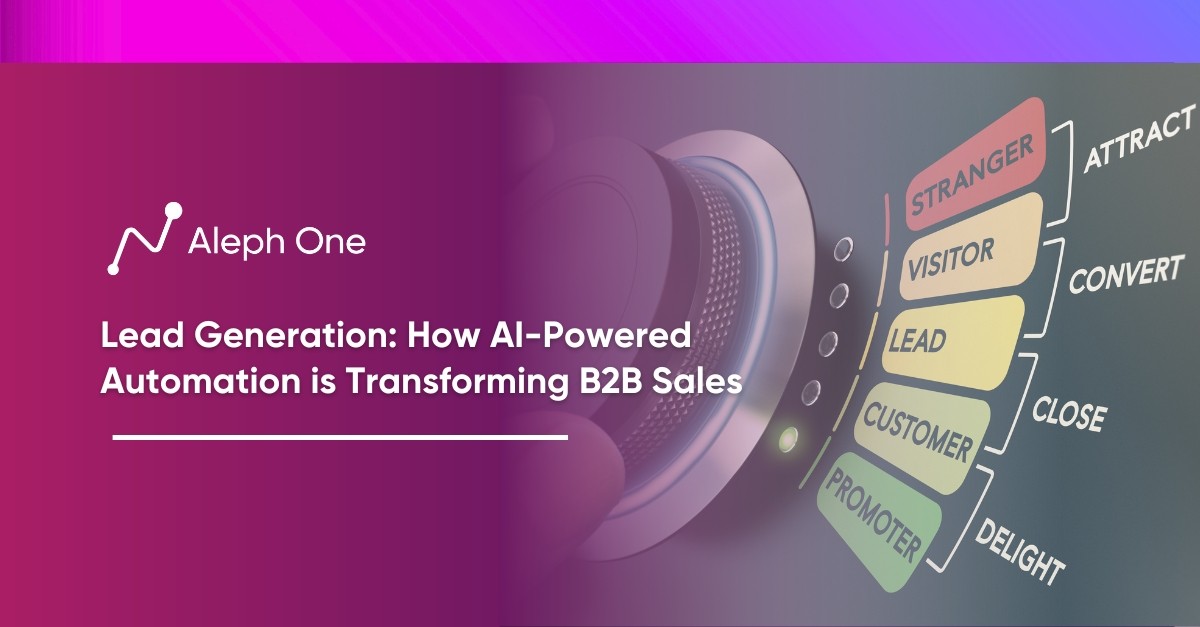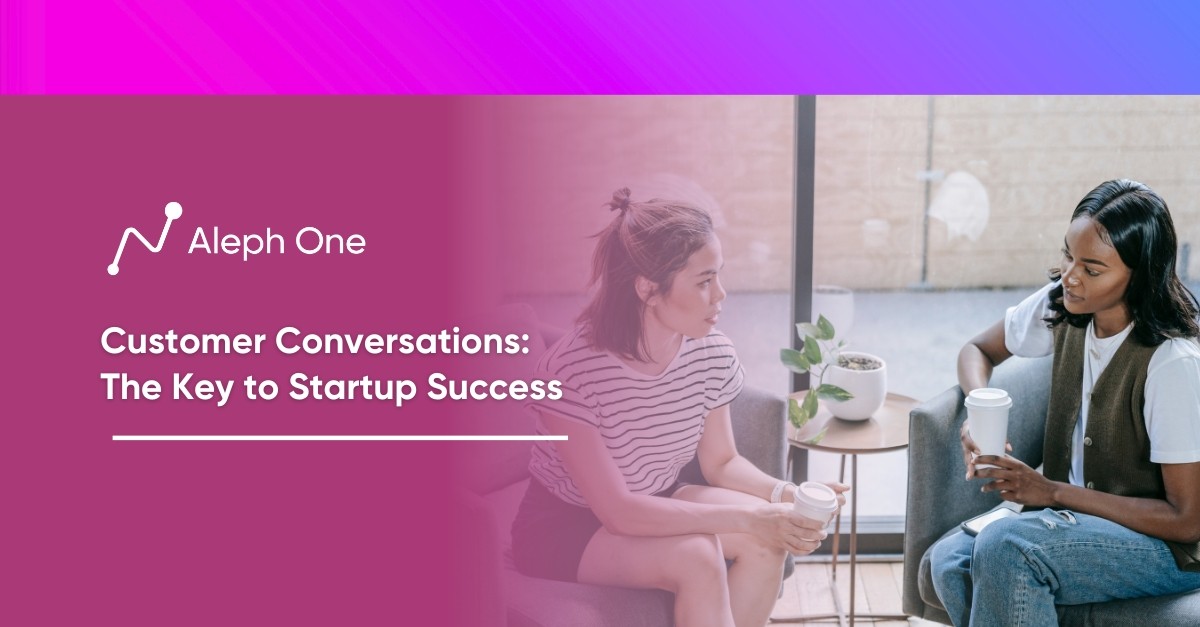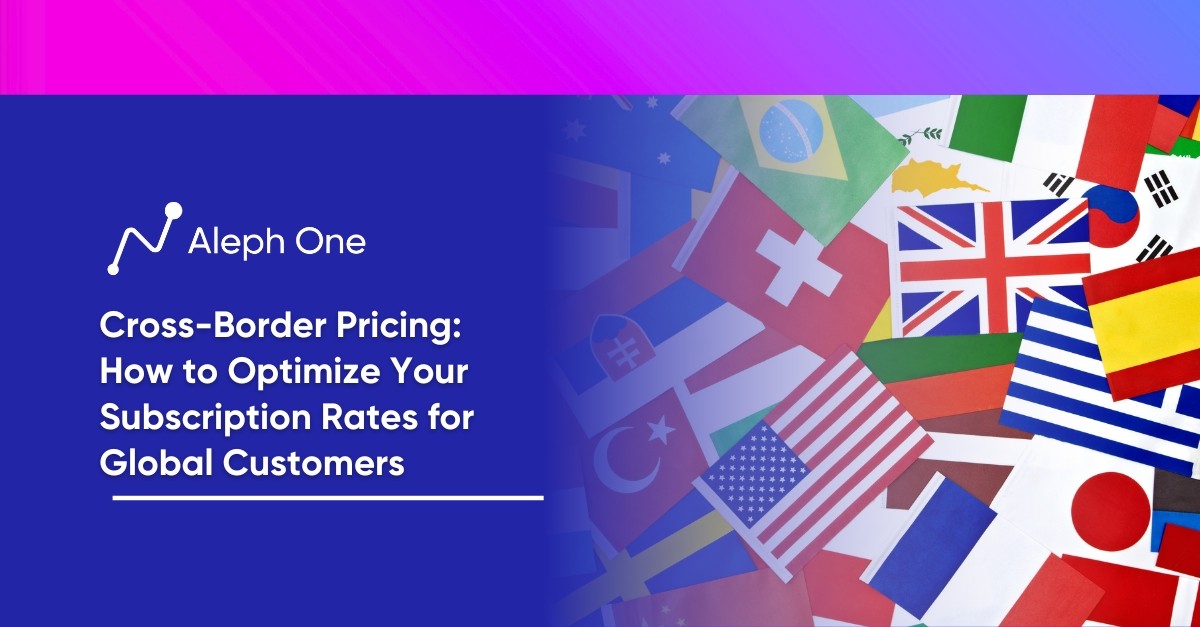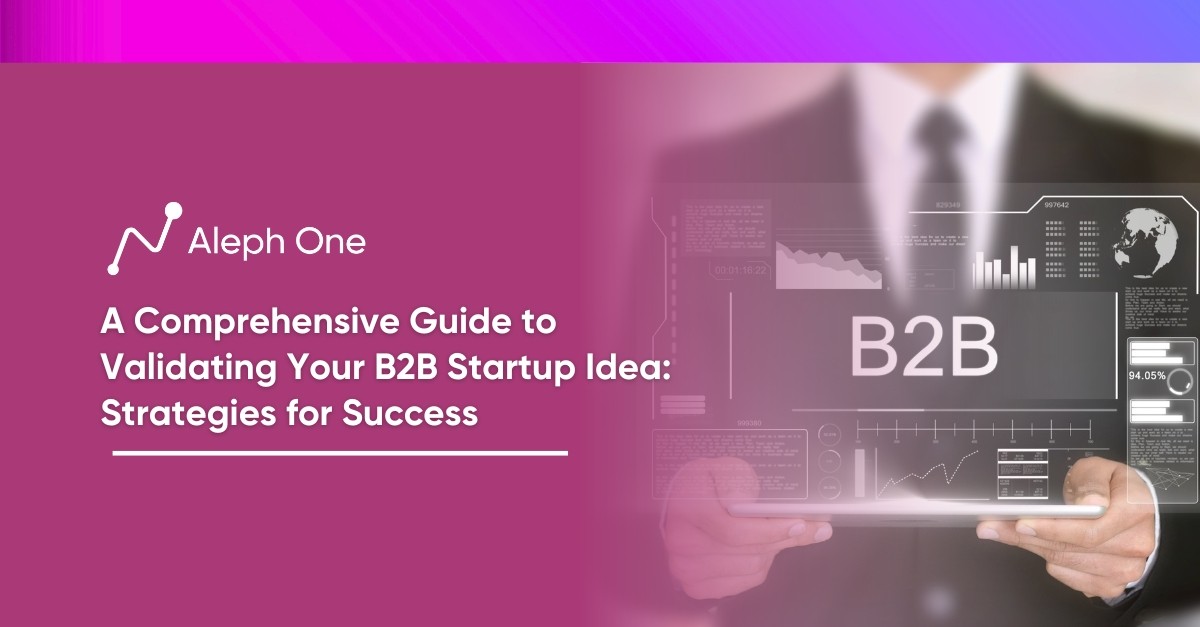Let’s work together to build something amazing. Share your project details and our team will reply to figure out the next steps to your success.

Traditional lead generation methods must catch up in the changing world of B2B sales. Outdated lead scoring models are required to have the ability to capture the complexities of the modern buyer journey, resulting in missed opportunities and wasted resources. However, artificial intelligence (AI) has revolutionized lead generation by harnessing the power of data analysis and automation. AI-powered lead scoring engines leverage vast information to provide accurate lead scores, enabling personalized nurture campaigns and enhancing sales engagement. This transformative technology grants B2B companies a competitive edge, delivering scalability, personalization, and efficiency in identifying and converting leads into valued customers. Discover how AI reshapes the lead generation landscape, propelling businesses toward greater success.

How Lead Scoring Models Were Stuck in the Past
Traditional lead scoring models relied on limited data and static rules that failed to capture the complexities of the modern B2B buyer journey. These models depended on basic information like job titles, company sizes, and website behaviors to assign scores. They could not incorporate thousands of data points depicting a lead’s interests and intent. As a result, many good leads fell through the cracks.
AI Changing the Lead Scoring Landscape
Artificial intelligence has changed lead scoring by enabling the analysis of vast volumes of data to identify patterns and build predictive models. AI-powered lead scoring engines can draw from first-party data like CRM records and website activity and third-party data such as social media profiles and news mentions. AI uses natural language processing to analyze unstructured data points that would otherwise be missed.
Through AI, Models are Continuously Optimized
Over time, AI lead scoring models become more intelligent through machine learning. As leads convert or drop out of the funnel, the models use feedback loops to determine the most influential attributes and behaviors. The models are continually optimized to determine the most closely correlated patterns with sales opportunities. This results in highly predictive lead scores tailored to a company’s unique customer base and sales cycle.
Dynamic and Responsive AI Scoring
While traditional lead scoring models only provide a static snapshot in time, AI scoring is dynamic and responsive to changes in a lead’s digital body language. If a lead downloads a pricing sheet, registers for a webinar, or mentions a company by name on social media, the lead score will adjust up or down accordingly based on the implications. Sales and marketing teams get real-time alerts when priority leads demonstrate intent so that they can engage at the optimal moment.
With an AI-powered lead scoring engine, B2B companies can scale their lead generation efforts and focus sales resources on the most promising leads. The highly predictive and responsive nature of AI scoring helps companies identify good leads earlier, engage leads faster, and convert more leads into customers. AI has become essential to any data-driven lead-generation program for these reasons.
AI-Powered Lead Qualification at Scale
Generative AI can automatically qualify incoming leads based on an ideal customer profile. AI-powered bots can engage with new leads via chat and ask questions to determine if the lead meets the criteria to be considered a marketing-qualified lead (MQL) or sales-qualified lead (SQL). Based on the lead’s responses and analysis of their data from multiple sources, the AI can score or tag the lead accordingly in real time.
Drift – Customer Engagement and Qualify Leads
For example, Drift, a conversational marketing and sales platform, uses AI to qualify leads. Their bot, Claude, engages website visitors in an everyday experience to determine lead qualification based on responses to questions about company size, role, challenges, and timeframe for solutions. Based on the lead’s answers, Claude will qualify or disqualify the lead and tag it for either marketing nurture or direct hand-off to sales. Over 50% of Drift’s customers use Claude for lead qualification, and they’ve found it to be 40% more effective at lead scoring than traditional forms.
Anthropic – Qualify Inbound Leads
Anthropic, an AI safety startup, uses Claude (unrelated to Drift’s bot) to qualify inbound leads. Claude asks open-ended questions via email to determine technical expertise, interest in AI safety, and project requirements. Leads demonstrating a strong need and match are tagged as SQLs from Anthropic’s sales team for direct outreach. The company has found that clients qualified by Claude are 67% more likely to convert to opportunities than leads that come in through general contact forms.
When implemented well, AI-powered lead qualification can help companies focus their time and resources on the leads most likely to become customers. AI considers thousands of data points to determine lead qualification, from basic attributes like company size and location to complex factors like technology stack, intent signals, and buying stage. AI also gets smarter over time, continually learning from interactions to improve its lead-scoring models and qualify even more accurately. This volume, personalization, and precision level cannot be achieved with traditional lead qualification methods dependent on static rules and manual processes.
Hyper-Personalized Nurture Campaigns
Traditional lead nurturing campaigns rely on generic messaging and content that only resonates with some recipients. AI-powered lead generation platforms can build highly personalized multi-channel nurture campaigns for each qualified lead. AI can determine each individual’s optimal content, messaging, products, and cadence by analyzing thousands of data points encompassing the lead’s demographics, behaviors, interests, and attributes.
AI and Retail in the Retail Industry
For example, AI may determine that a CMO in the retail industry would benefit most from a nurture campaign focused on a new product demo for customer data platforms, with content discussing trends in customer experience personalization. The AI can deliver this campaign through the channels that the specific lead prefers, whether email, social media, or advertising. Suppose the lead engages with an email on personalizing the end-to-end customer journey. In that case, the AI knows to provide follow-up content on mapping the customer journey for maximum impact.
AI Dealing with Unengaged Leads
At any point, if the lead’s behavior indicates a loss of interest, the AI can adjust the campaign — whether that means changing the content, switching up the channels, or giving the lead some space before re-engaging. The flexibility and personalization enabled by AI nurture campaigns have been shown to improve lead conversion rates dramatically. According to recent research, highly personalized lead nurturing emails generate up to 50% higher open rates and 150% higher click-through rates than generic campaigns.
Hyper-personalized Lead Nurturing – Mintigo
An example of a company leveraging AI for hyper-personalized lead nurturing is Mintigo. Mintigo’s AI platform builds customized nurture campaigns for each lead by analyzing over 250 million data points to determine the individual’s areas of interest and preferred communication channels. This level of personalization has enabled Mintigo’s customers to achieve up to 30% higher lead conversion rates and a 15-20% increase in sales productivity.
With AI that never sleeps, lead nurturing can be a 24/7 cycle of optimization based on constant monitoring of each lead’s digital body language. AI enables a new era of hyper-personalized, automated lead nurturing at a scale that delivers the right message to the right lead at precisely the right time.
AI-Augmented Sales Engagement
AI advancements have enabled a new B2B SaaS companies capability: AI-augmented sales engagement. AI can now analyze a qualified lead’s profile, attributes, and behaviors to provide real-time customized recommendations to sales reps to boost their productivity and effectiveness.
AI Can Prep the Sales Team for Better Lead Calls
For example, as a sales rep prepares to contact a promising lead, an AI system can scan the lead’s profile and activity to provide relevant talking points, suggested questions, and potential objections the lead may have based on their interests and behavior. The AI may detect the lead has downloaded a particular resource and recommend asking their opinion. Or, if the lead’s social media shows they recently took a new role, the AI can prompt the rep to congratulate them on their promotion.
Prioritize Lead List with AI
AI also helps reps prioritize what leads to engaging with and when by monitoring lead activity and behavior constantly. AI never sleeps, so it can detect when a lead is active on the company’s website or social channels and alert a rep that the information may be receptive to outreach. This helps reps focus their time on engaging with leads when they are most likely to respond.
AI-based Sales Engagement Tools
Some companies have built AI into their existing CRM and marketing automation platforms to provide reps with real-time recommendations and alerts during their daily workflows. Other companies offer AI-based sales engagement tools that can be integrated with a company’s existing tech stack. In either case, the key is surfacing the AI insights at the point of need within the tools reps already use daily.
When reps have the right information and prompts at the optimal time for a productive conversation, it leads to higher-quality sales interactions, accelerated deal cycles, and increased win rates. AI-augmented sales engagement helps reps have more meaningful conversations with leads, address concerns before they become objections, and ultimately convert more leads into sales opportunities. This capability transforms how B2B SaaS companies attract, engage and win new customers.
The Competitive Advantage of AI-Powered Lead Gen
AI-powered lead generation provides B2B SaaS companies with a critical competitive advantage. The level of personalization, automation, and prediction enabled by AI allows companies to identify and attract new leads, engage and nurture leads, and accelerate lead conversion in a scalable and cost-effective way.
Build Detailed Customer Profiles
With AI, companies can build highly tailored ideal customer profiles and lead-scoring models that tap into thousands of data points to determine which leads should be prioritized and routed to sales. AI can then automatically reach out to new leads via chatbots or email to start qualifying and nurturing them. This allows companies to generate more high-quality leads and opportunities in less time.
Multi-channel Lead Nurturing at Scale
AI also enables hyper-personalized multi-channel lead nurturing at scale. Emails, social media posts, ads, and more can all be tailored to individual leads based on their unique interests, behaviors, attributes, and where they are in the buying journey. Some studies have shown personalization to improve lead conversion rates by over 10%. The level of customization powered by AI would only be possible for humans to achieve manually.
AI Helps to Augment Sales Reps’ Conversations
Once leads become sales-ready, AI helps to augment sales reps’ conversations with them. AI can analyze each lead’s profile and activity to provide reps with relevant talking points, suggested questions, and recommendations for overcoming objections in real time. AI also never sleeps, so it can monitor leads 24/7 and alert reps to the optimal time to connect with them. This helps reps have more productive conversations and close deals faster.
AI Eliminates Time-consuming Tasks
While a human touch will always be important in sales, AI enhances rather than replaces human judgment and relationships. When people and technology work together, the customer experience is amplified, as are the results. In a survey by Salesforce, 93% of sales leaders said AI helps their teams sell more strategically by eliminating time-consuming tasks so they can focus on high-value activities.
AI for lead generation is a game changer for B2B SaaS companies. It provides a significant competitive advantage by enabling a level of personalization, efficiency, and scale that would otherwise be impossible. AI for lead generation is worth investing in any company looking to accelerate growth. With the variety of solutions available today, there are opportunities for companies of all sizes to leverage AI and gain a competitive edge.
Getting Started with AI for Lead Generation
Any company today can leverage the power of artificial intelligence for lead generation, regardless of size or resources. Here are some best practices for getting started with AI-powered lead gen:
Evaluate Different AI Tools and Vendors
Research companies that offer solutions for lead scoring, lead qualification, personalized marketing campaigns, sales enablement, and more. Compare features, integrations, customer reviews, and pricing to determine the best options for your needs. Many providers offer free trials or demos to experience the capabilities firsthand.
Integrate AI With Your Existing Tech Stack
New AI tools should seamlessly integrate with CRMs, marketing automation platforms, chatbots, and other systems you already use for the best results. API integrations and pre-built connectors can help sync data and workflows between solutions. Consider a phased rollout to allow for integration and process changes.
Leverage All Your Data
AI models become more accurate as they are exposed to more data. Provide as much data as possible so the AI can identify patterns to predict lead behavior and engagement. Keep feeding the AI new data continuously.
Set Key Performance Indicators
Work with stakeholders to determine KPIs for measuring the impact of implementing AI for lead generation, such as increases in lead volume, lead qualification rates, marketing ROI, and sales productivity. Track KPIs regularly to ensure your AI initiatives are driving the desired results. Make adjustments as needed to optimize performance.
Overcome Challenges
Be prepared to face obstacles like lack of executive support, resistance to new technology, and difficulties integrating AI with legacy systems. Develop a change management plan to get buy-in across the organization. Start with a small pilot to work out issues before expanding the program. Provide adequate training to help teams embrace new AI tools and processes.
Drive Adoption
Sales and marketing teams must adopt the new AI-powered lead generation capabilities for maximum impact. Offer interactive training with real-world examples to showcase the personal benefits of AI. Share stories of early wins and successes. Make AI-generated insights and recommendations highly visible and actionable. Recognize and reward teams and individuals actively using the new AI tools and methods.
Grow Your Startup With AI Lead Generation
With the right preparation and approach, any B2B company can revolutionize their lead generation through AI. By starting small, setting the right expectations, integrating with existing systems, and driving adoption across teams, businesses can build momentum and achieve substantial results with AI for lead generation over time.
Get the latest news and updates from Aleph One in your inbox.


